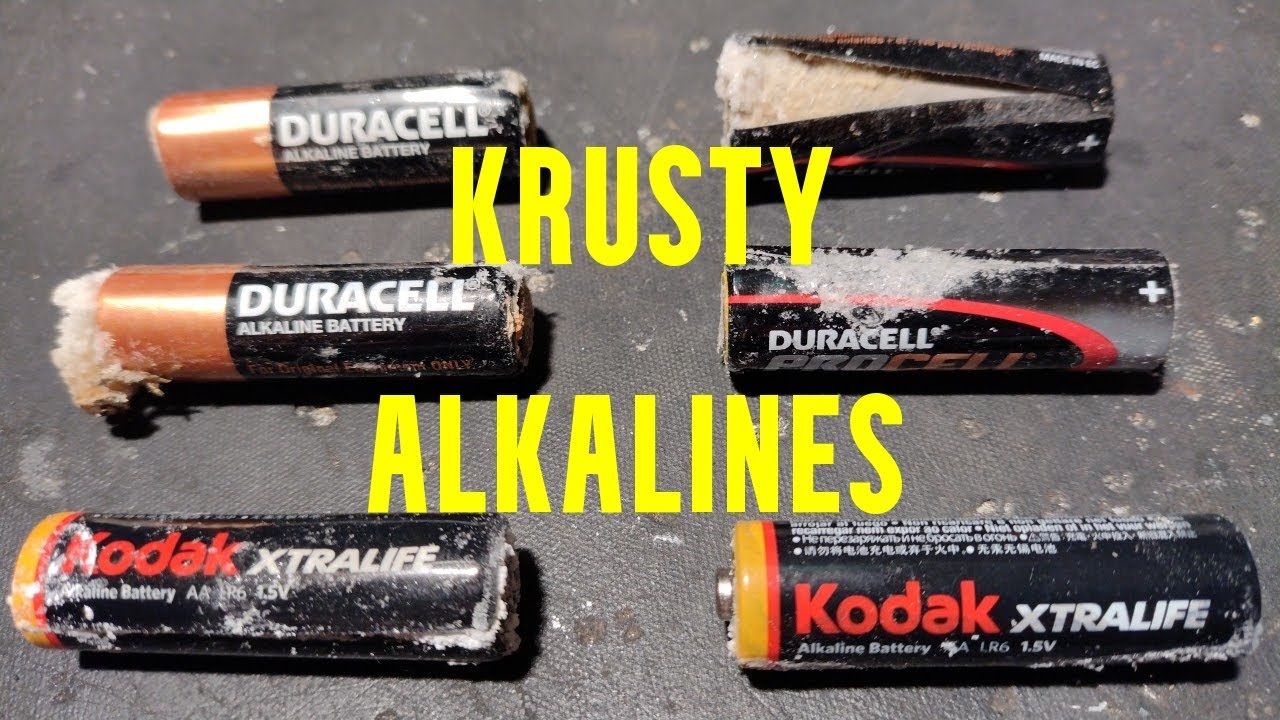I have had to run the risk fo washing out seven different devices with warm water after mechanically removing as much ‘krust’ as possible (aka debunking a tumor). These were simple devices with only small printed circuits & some actually worked after they dried thoroughly. I have wondered if there isn’t a better polar solvent than water to do this more safely.
I have used dilute vinegar for the first rinse, figuring the mild acidity will help neutralise the alkaline electrolyte. Then, rinse with deionised water. (Actually, rather than buying deionised or distilled water, I just use the water condensed and capture by my clothes dryer, which produces more of the stuff than I can use.)
Printed circuit boards are pretty robust, since they’re normally subjected to flux application and de-fluxing solvents in manufacturing. The vulnerable components tend to be those with moving parts like switches, variable resistors, microphones, speakers, etc., so if the batteries haven’t leaked directly on them, it’s best to try to keep the solvent away from them.
My digital voice recorder and my smart scale both will stop working with even slightly discharged NiMH batteries.
I’m not sure exactly when, but at some point in the last few years rechargeable AA and AAA batteries became much longer lasting and more reliable. I’ve made a point of buying items that take 18650s when I can, but the standard-sized rechargeables are good for everything else and far superior to alkaline.
